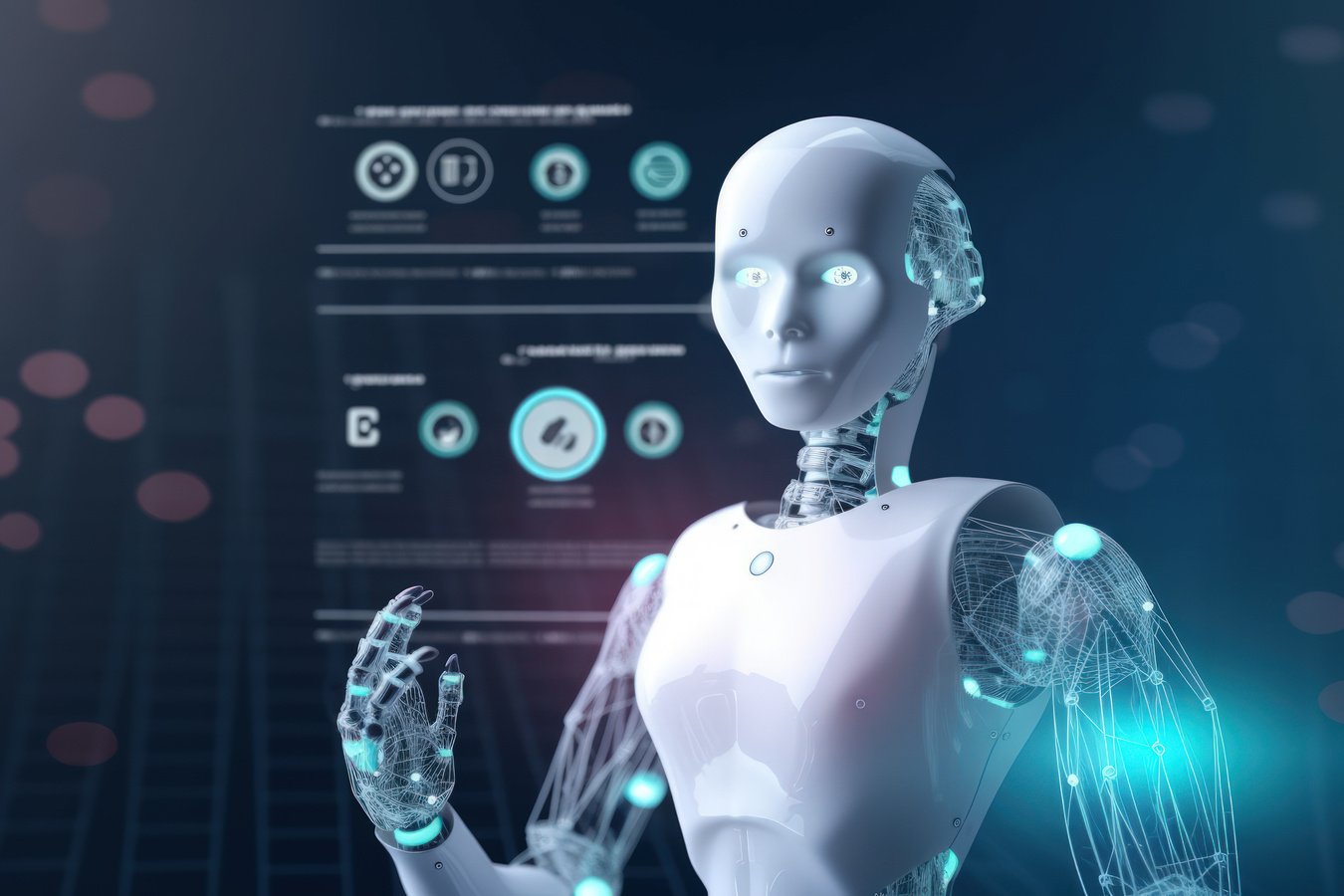In today’s fast-paced and technology-driven world, quality assurance (QA) engineering is a vital component of software development. The goal of QA is to ensure that software products meet the requirements of their users, are bug-free, and function as intended. One emerging technology that can benefit QA engineering is Chat GPT — a language model developed by OpenAI.
Chat GPT, short for “Generative Pre-trained Transformer,” is an advanced Natural Language Processing (NLP) model that can understand and generate human-like text. It has been trained on a massive amount of data, allowing it to understand and respond to natural language inputs. With its ability to generate text that closely mimics human speech patterns, Chat GPT has a wide range of potential applications in software development, including in QA engineering.
In this article, we will explore how Chat GPT can benefit QA engineering and improve the quality of software products.
The Need for QA Engineering
Software is omnipresent in today’s tech-driven world, making its quality and stability more important than ever. Quality Assurance (QA) engineering comes into play here:
- Ensure Product Dependability
QA engineers avoid costly software flaws, saving organizations money and reputation. Reliable software fosters user trust, which is a vital asset in a competitive industry.
- Enhancing User Experience
QA engineering discovers and fixes flaws and crashes, resulting in a better user experience. Quality assurance also ensures user friendliness and inclusivity, hence it can extend the user base.
- Compliance with Regulatory Requirements
Quality assurance guarantees that software fulfills industry standards, avoiding legal ramifications. QA protects sensitive data while adhering to legal and ethical standards.
- Development Cost Reduction
QA identifies and resolves bugs early on, lowering development expenses. It also reduces the requirement for costly post-release modifications.
Quality assurance engineering is critical for dependability, customer satisfaction, regulatory compliance, and cost-effectiveness. Companies that invest in quality assurance engineering benefit both satisfied consumers and financial advantages in a competitive market. The role of QA engineering in satisfying user demands remains crucial as the software improves.
Benefits of QA Engineering Gets From Chat GPT
- Automated Testing
One of the most significant advantages of Chat GPT in QA engineering is its ability to perform automated testing tasks. Automated testing is an essential part of the QA process, as it allows for faster and more efficient testing of software products. However, creating automated tests can be a time-consuming and tedious process, requiring developers to write code that can simulate user interactions with the software.
Chat GPT can automate this process by generating natural language test scripts based on the software’s requirements. It can analyze the requirements and generate test cases that simulate user interactions with the software. This can significantly reduce the time and effort required to create automated tests and improve the overall quality of the software.
- User Testing
Another way in which Chat GPT can benefit QA engineering is through user testing. User testing allows developers to get feedback from real users about the software’s usability and functionality. However, recruiting users for testing can be a challenging and time-consuming process.
Chat GPT can simulate user interactions with the software, allowing developers to test the software’s functionality and usability without the need for actual users. This can save time and resources while still providing valuable feedback about the software’s performance.
- Bug Detection
One of the most significant challenges in QA engineering is detecting and fixing bugs. Bugs can be difficult to find, as they may only occur under certain conditions and in very specific scenarios. Chat GPT can help with bug detection by generating test cases that cover a wide range of such scenarios and conditions.
Chat GPT can analyze the software’s requirements and generate test cases that cover different use cases. These test cases can help identify potential bugs and issues before they occur, allowing developers to fix them before the software is released to the public.
- Natural Language Processing
Another way that Chat GPT can benefit QA engineering is through its natural language processing capabilities. Natural language processing is the ability of computers to understand and process human language. With Chat GPT’s advanced NLP capabilities, it can comprehend and analyze user feedback, which can be valuable for QA.
Chat GPT can go through the user feedback and identify patterns and trends in the data. It can also generate natural language responses to the feedback, making it easier for developers to understand and address any issues or concerns.
- Training and Education
Finally, Chat GPT can be used for training and education. The chatbot can generate training materials and educational resources, such as interactive tutorials and quizzes, which can be valuable for new QA engineers or for teams that want to improve their knowledge and upskill.
Chat GPT can also provide real-time feedback and guidance to QA engineers during the testing process. It can analyze the results of automated tests and provide suggestions for improvement, making the testing process more efficient and effective.
Key Takeaway
Chat GPT is a powerful tool that can benefit QA engineering in many ways-
- From automating testing to simulating user interactions, Chat GPT can save time and resources while improving the quality of software products.
- Its advanced natural language processing capabilities can also help with bug detection, user feedback analysis, and training and education.
- Moreover, Chat GPT’s ability to generate human-like text can significantly improve the user experience of software products. This can help increase user satisfaction, reduce user churn, and ultimately drive business growth.
However-
- It’s important to note that Chat GPT is not a silver bullet solution for all QA engineering challenges. It should be used in conjunction with other QA tools and methodologies to ensure the highest possible quality of software products.
- In addition, the use of Chat GPT in QA engineering may require a learning curve for developers and QA engineers who are not familiar with natural language processing and machine learning concepts. As such, training and education on Chat GPT and its capabilities may be necessary to fully utilize its potential.
In conclusion, Chat GPT is a promising technology that can benefit QA engineering in numerous ways. Its ability to automate testing, simulate user interactions, and analyze user feedback can significantly improve the efficiency and effectiveness of the QA process.
Furthermore, its advanced natural language processing capabilities can help with bug detection, training and education, and overall user experience. It is recommended that QA engineering teams consider integrating Chat GPT into their software development process to achieve higher-quality software products and increase user satisfaction.





Leave A Comment